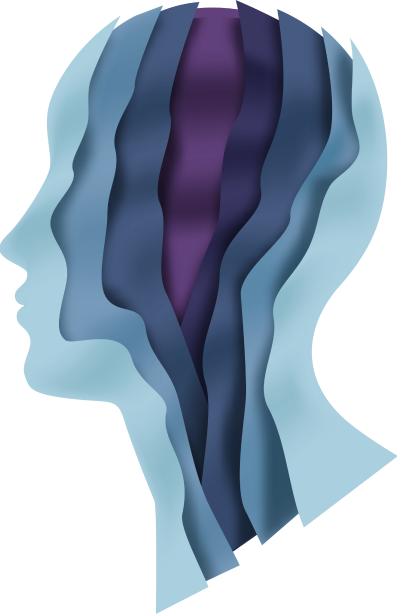Evolution takes thousands of years
The root cause of the Problem is perhaps best understood as a mismatch between human biology and the complex challenges and opportunities of industrial and post-industrial “modern” society. In less than 100 years, people have faced numerous significant, rapid changes that have altered their wants, needs, values, beliefs, expectations, and behaviors, such as television, the Internet, the smartphone, social media, fast food, and easy-to-access consumer credit. There has simply not been enough time for humans to evolve as a species, and little has been done to compensate, such as revamping our approach to education, training, management, marriage, parenting, healthcare, etc.

The implications of this mismatch are significant. Inherent limitations in the way the brain processes information and makes decisions impede a person’s ability to adapt effectively to the speed and complexity of modern life – specifically, inherent limitations in the brain’s automatic intuitive and effortful deliberative reasoning processes (i.e., unconscious and conscious processes).
These inherent limitations can lead to adverse responses such as frustration, fear, disappointment, resentment, distress, and unhappiness; conditions such as stress, anxiety, depression and trauma; maladaptive behaviors such as procrastination, social disengagement, self-harm, and substance abuse; and bad lifestyle choices such as smoking, overuse of alcohol, poor diet, lack of physical activity. These adverse responses, behaviors, and lifestyle choices can cause chronic stress, leading to changes in neurological, endocrine, and immune system function which form the basis for the development and progression of cardiovascular, metabolic, immunologic, allergic, oncologic, and psychiatric disease. Over time, this has resulted in powerful adverse trends in society such as disengagement at work, family breakdown, addiction, obesity, and chronic disease, making it more difficult for people to adapt effectively.
These inherent limitations in the way the brain processes information and makes decisions can also lead to the experience of “internal self-barriers” – emotions, thoughts, and physical sensations that prevent a person from taking actions towards personally meaningful goals.
In large part, this explains why so many people struggle with poor physical, mental, and social well-being, struggle to change their behavior to adapt effectively to modern life, and why social institutions struggle to change the way they support people to change and adapt.
Recent advances in psychological science have led to a deeper understanding of brain function and the mechanisms of neuroplasticity by which the brain can “rewire” itself. Many evidence-based techniques, apps, and online services have emerged to help people overcome the limitations arising from the mismatch between their biology and the complex challenges and opportunities of modern society.
However, there is currently no standard protocol or combination of protocols that integrates these techniques into a unified system, let alone a technologically mediated one. The techniques are disparate and may be difficult to apply even if one is well trained and motivated. Many are applied remedially rather than proactively, and many are expensive to deliver.

